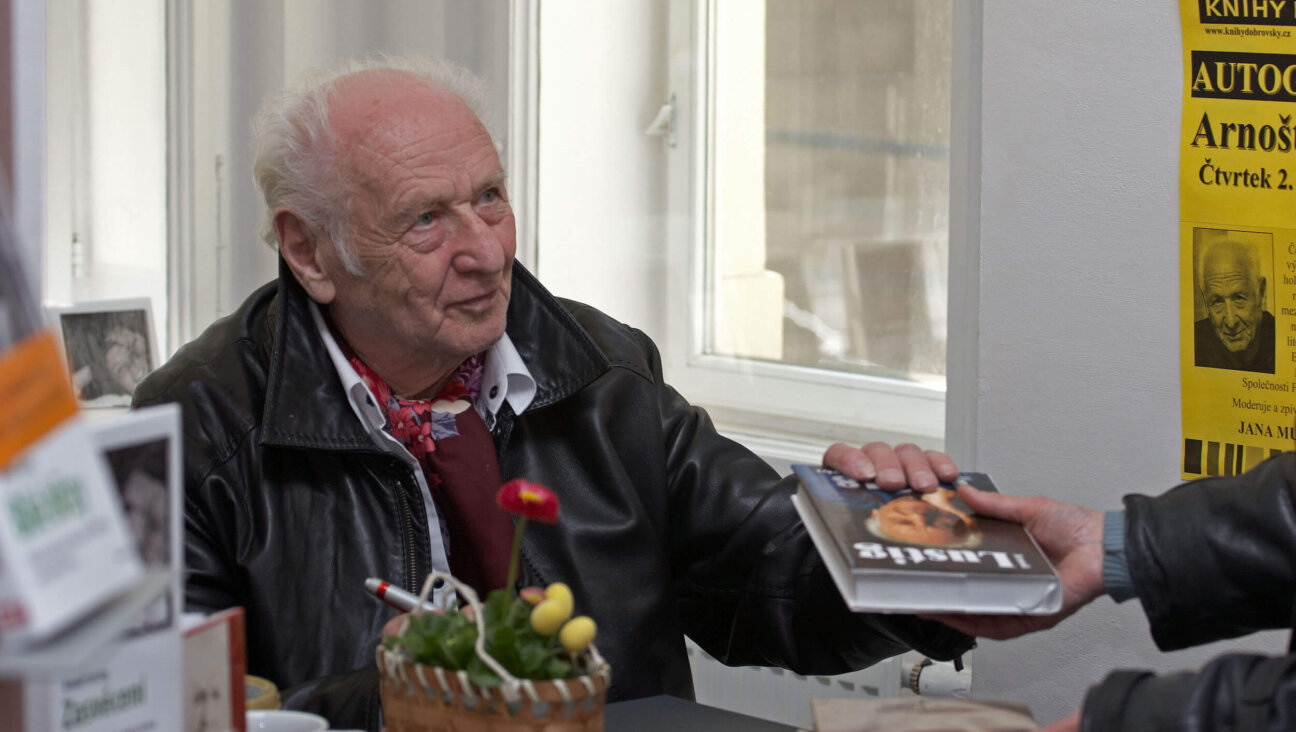This ‘Arab Spring,’ Only Uncertainty Blooms
Observers are increasingly using the term “Arab spring” to describe the tsunami of revolution, revolt, state collapse and armed intervention that is sweeping the Arab world. The term implies that a better reality, a rebirth, is about to burst forth from the Arab world. Yet it is not obvious or certain that we are actually on the cusp of a better reality.
Fragmentation and civil war in Libya and Yemen; popular rejection of “republican” dictatorship in Egypt, Syria and Tunisia; dissatisfaction with the pace of royally instituted reform in Jordan, Morocco and Oman; sectarian tensions in Bahrain — the only common denominator that can be convincingly applied to all these events is not “Arab spring” but rather the failure of the Arab state system.
The empowerment or strengthening of Islamists is as plausible an outcome in Egypt, Syria and Jordan as the realization of genuine democracy, liberty and human rights. The demographic “youth bulge” and the “Facebook generation” that sent dictators into exile in Tunisia and Egypt has not managed to dislodge the ancien régime in Tunisia, or to prevent the triumph of a coalition of the armed forces and the Muslim Brotherhood in Egypt’s recent constitutional referendum. At least two Arab countries, Libya and Yemen, are more likely to end up partitioned (really re-partitioned; they used to be more than one entity) than united under democratic rulers. The unrest in Bahrain has turned that kingdom into a locus of confrontation between pro-Iranian and pro-Saudi forces and exacerbated Shiite-Sunni tensions throughout the region.
The dysfunction of the Arab state system was obvious long before the current revolutionary wave began. Six members of the Arab League — Iraq, Lebanon, the Palestinian Authority, Sudan, Yemen and Somalia — were in recent years in a state of chaos, fragmentation and/or occupation. The traditional leaders of the Arab world, Egypt and Saudi Arabia, were no longer carrying their weight. The real heavy hitters in the Middle East were the non-Arabs: Iran, Turkey and Israel.
The only “healthy” Arab countries were the Gulf emirates blessed with huge wealth, a tiny population base and large, non-Arab populations of guest workers who could be expelled at a moment’s notice. That the United Arab Emirates, Qatar and Kuwait are weathering the current unrest is the exception that proves the rule: They hardly represent a viable “state system.” Certainly, they are the least likely candidates for serious democratization along the “Arab spring” model that is being idealized in some quarters of the West.
If, prior to the current revolutionary wave, most Arab countries featured deficient minority and women’s rights, a lack of democracy and underdeveloped civil society, there is no guarantee that these lacunae will soon be corrected. The very meaning of “revolutionary” must be understood in the current Arab context as meaning that all bets are off: With every passing week, another major and unpredictable jolt forces all observers and interested parties to revise their assessments — nay, speculations.
Could the unrest in Syria bring war or peace closer to Israel? Does international imposition of a no-fly zone over Libya present a possible new paradigm for the way the Arab League, the United Nations and Washington deal with Middle East violence, or is Libya a one-off affair? Does anyone even know who the “rebels” in Libya — now effectively supported by the international community — really are? Does Iran gain or lose from all of this? Will Israel find truly willing and moderate peace partners in democratic neighbors (the Natan Sharansky/Benjamin Netanyahu thesis of past years) or precisely the opposite? Will it even have democratic neighbors once the smoke clears? Is this a good time for the Netanyahu government to undertake peace initiatives, or would it be better advised to “keep its powder dry” pending developments in Syria, Egypt and among the Palestinians?
I propose we remove the words “spring” and “democratic” from our descriptions of the current course of events in the Arab world. “Revolutionary” can stay, if what we mean is essentially unpredictability. The dysfunctional Arab state system is undergoing a major tectonic shift, with untold aftershocks and tsunamis. How far it will collapse, or be reshuffled, nobody knows.
I dearly hope that moderate, secular democratic actors will indeed Facebook and tweet their way to the fore in Arab countries. I’ll even settle for truly moderate and democratic Islamist types, if that’s possible in the Arab world. But I’m not holding my breath.
Yossi Alpher is co-editor of the bitterlemons family of Internet publications. He is former director of the Jaffee Center for Strategic Studies at Tel Aviv University.













